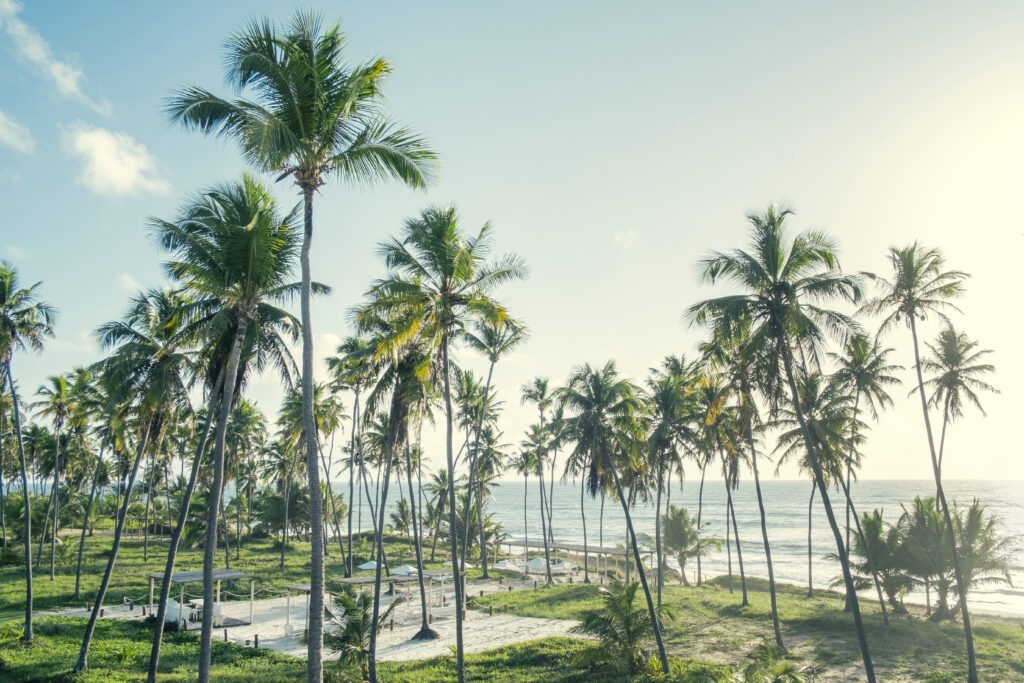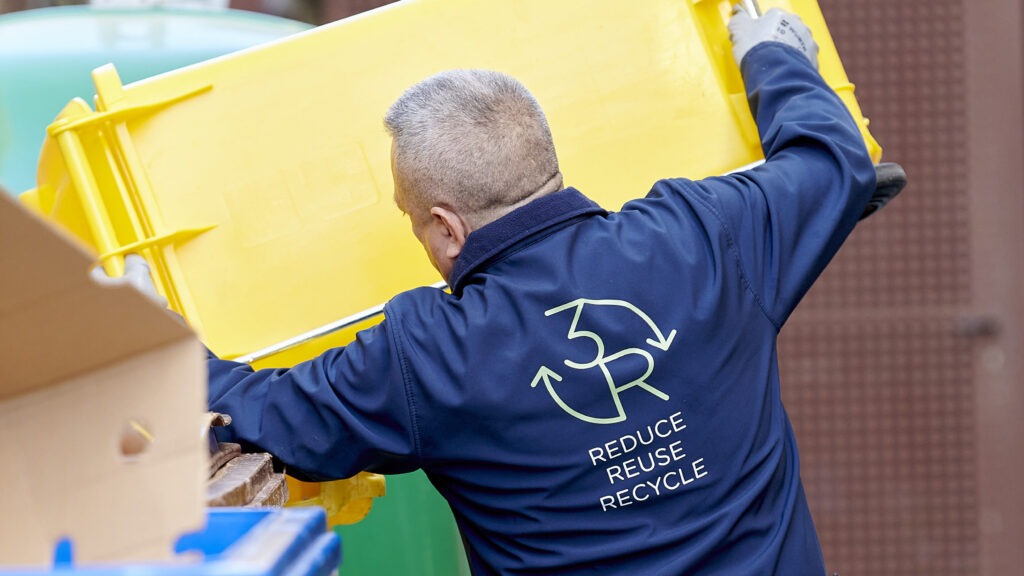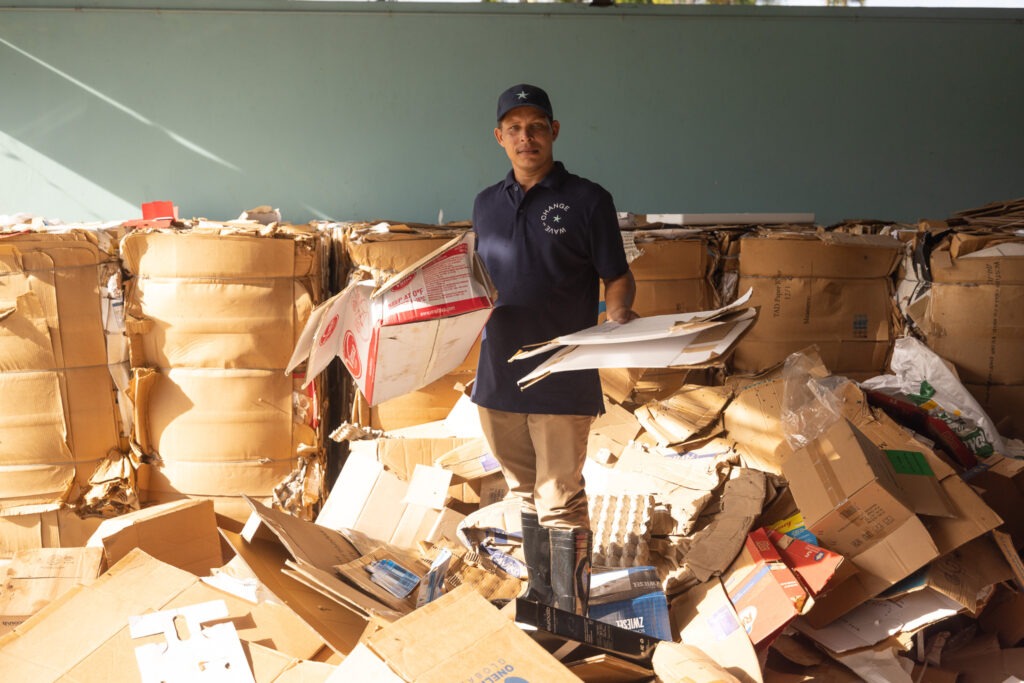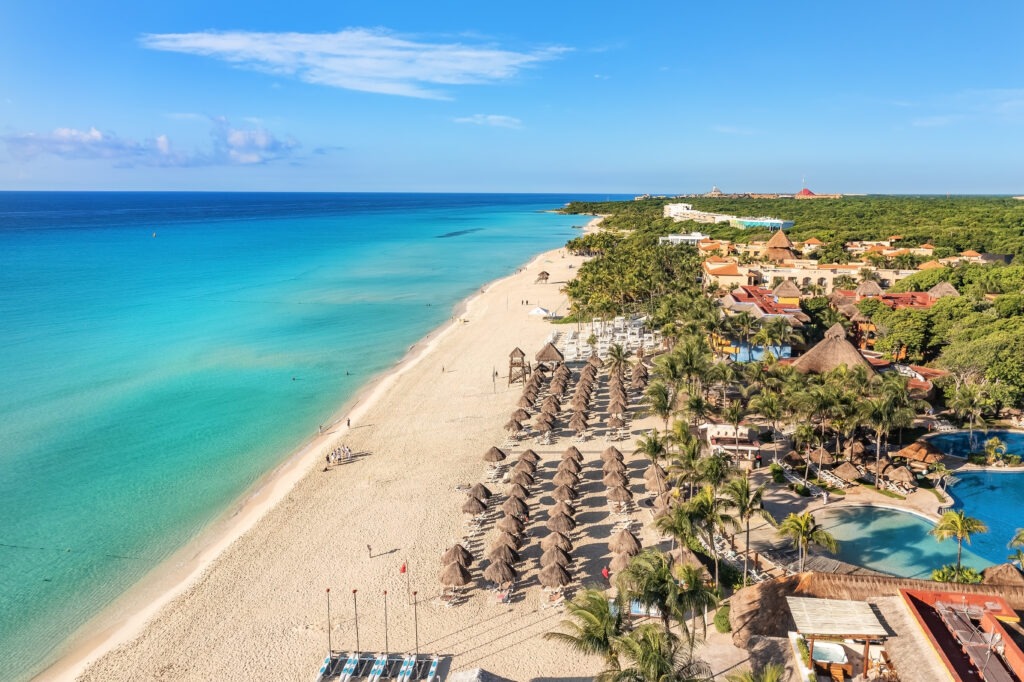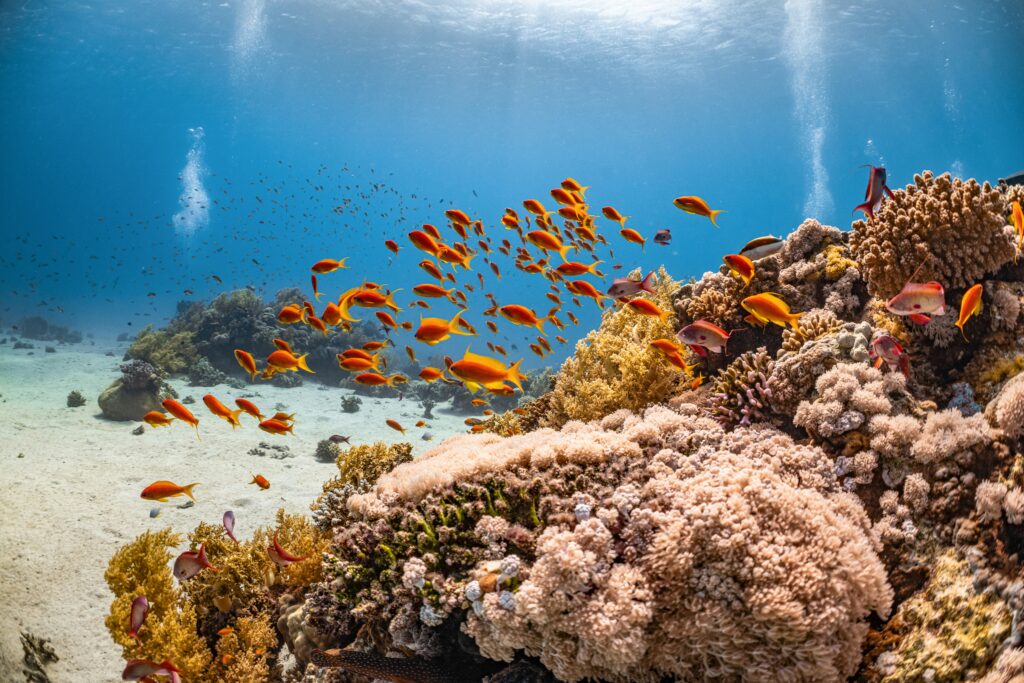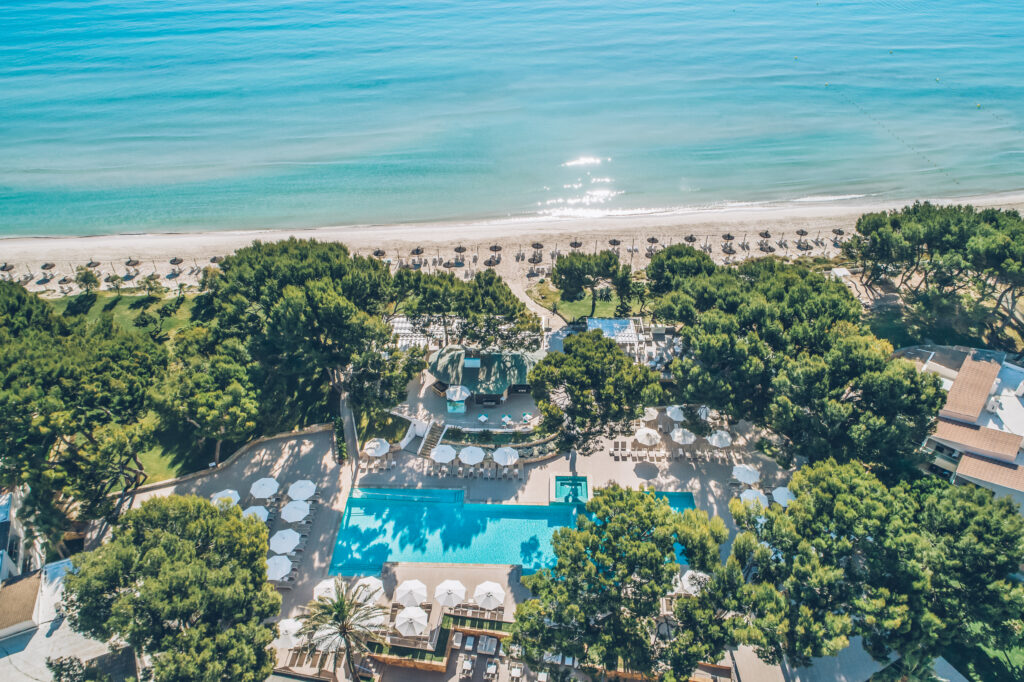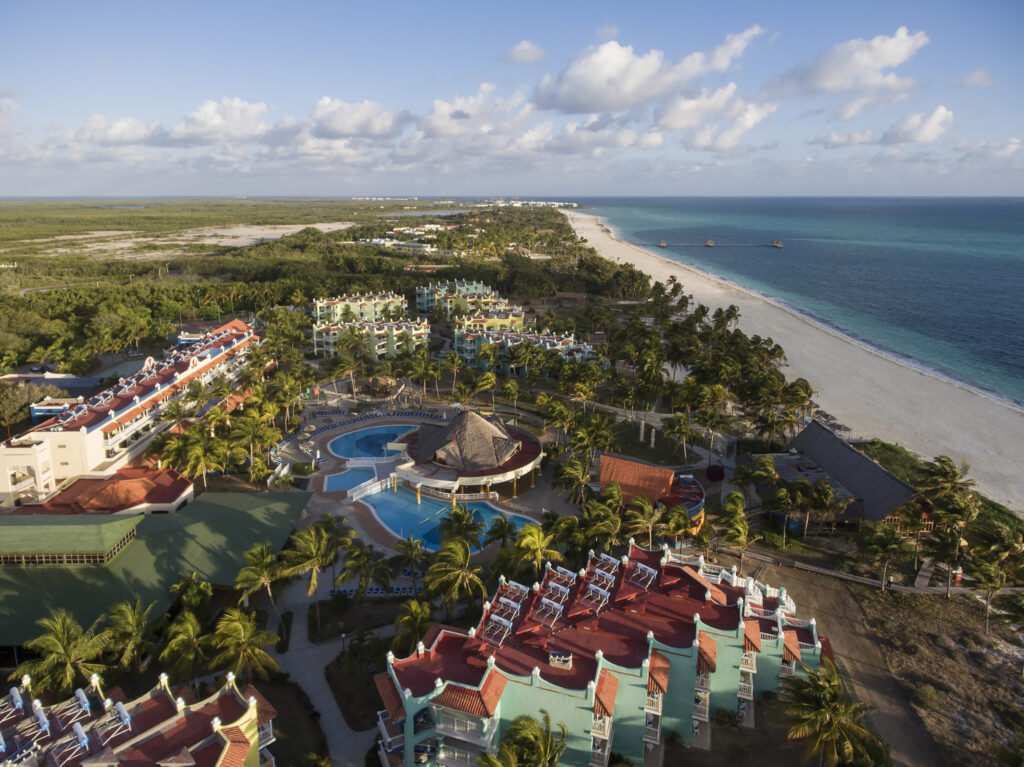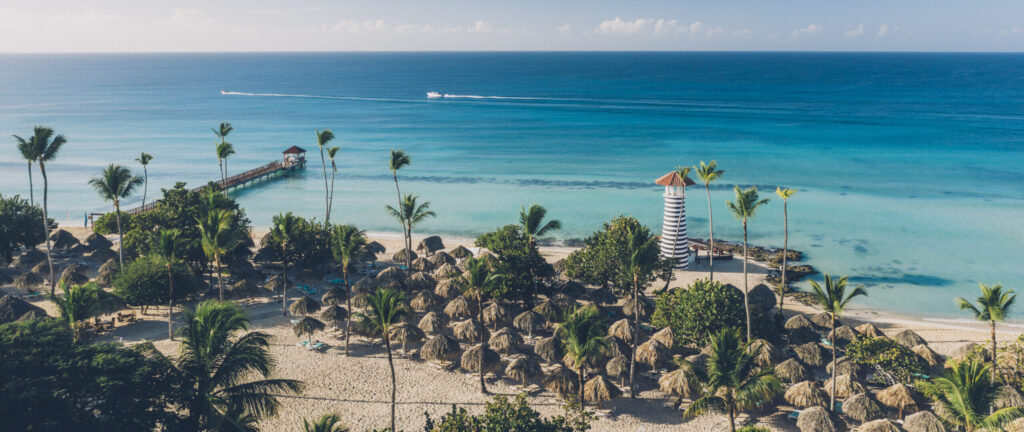Climate Action

SOLUTION
Anthropogenically-induced climate change is causing devastating effects on our planet, oceans and coastlines, from elevated water temperature, ocean acidification, relative sea-level rise and increased frequency and intensity of hurricanes. Preserving ocean health and the livelihoods it sustains requires immediate and drastic reductions in greenhouse gas emissions, aligning with the Paris Agreement’s objectives to limit global temperature rise to 1.5 ºC and ensuring we are on track to reach net zero by 2050.
It is high time for ambitious and urgent climate action, including maximizing renewable energy deployment, enhancing energy efficiency, and phasing out fossil fuel reliance in a way that ensures an equitable energy transition for all. In addition to mitigation efforts, there’s a critical need to address climate change adaptation, bolstering the resilience of oceans, coastal ecosystems, and communities along coastlines.

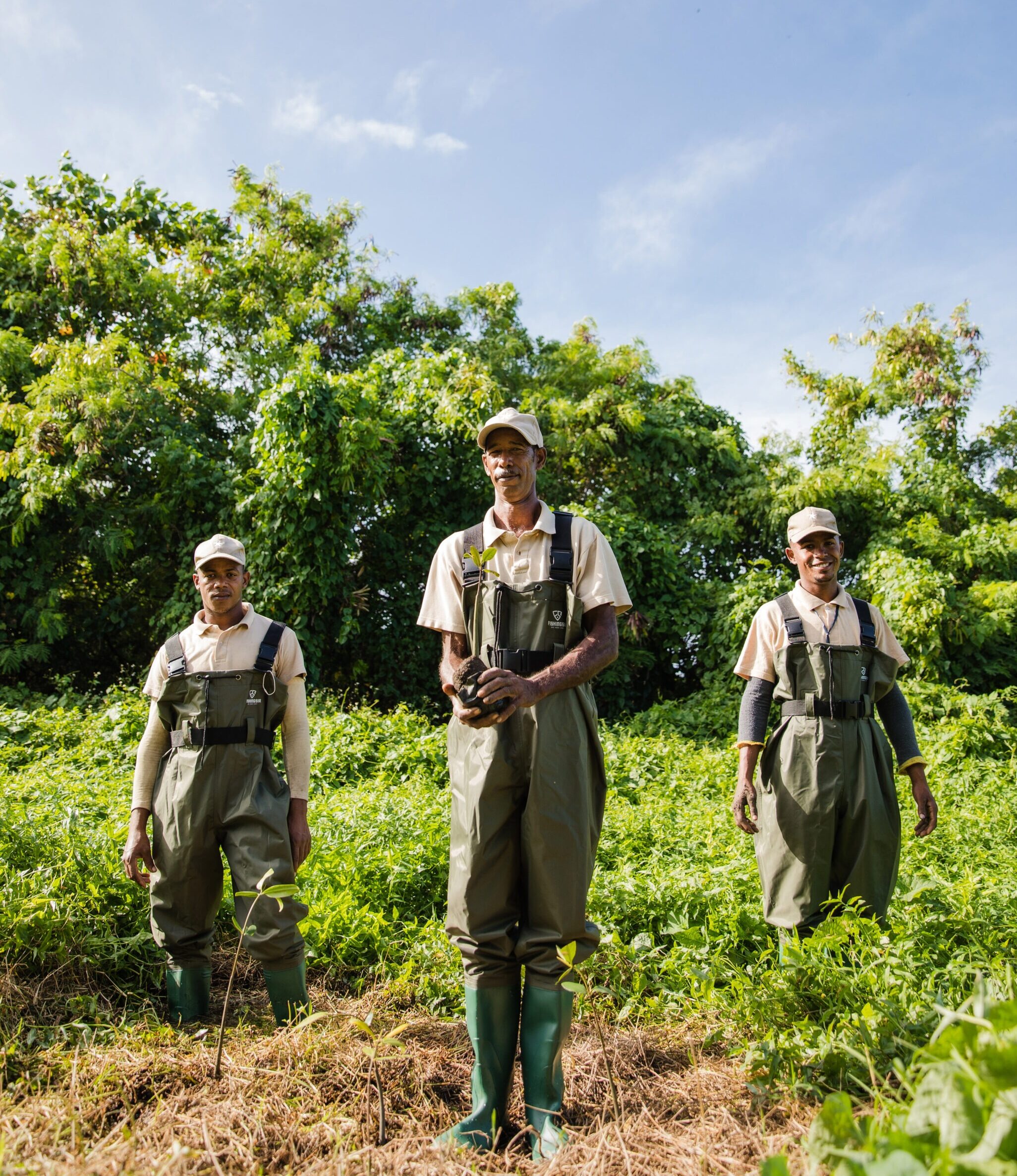
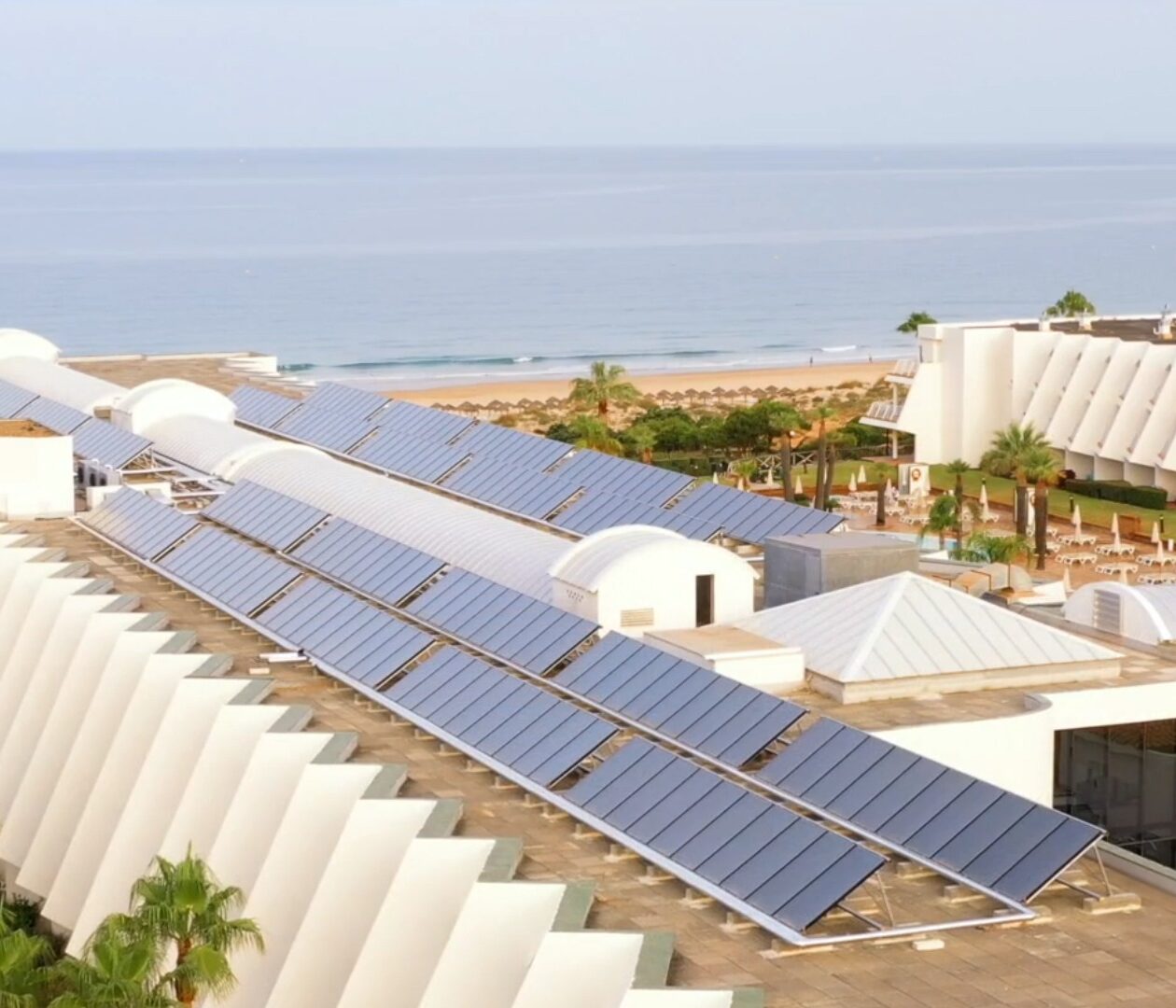
We create strategies to decarbonize scope 1 and 2 in the built environment and the destination, as well as scope 3 in the value chain. We also focus on climate adaptation in coastal areas and develop blue carbon solutions for mitigation. When developing this work, we leverage our experience creating the most ambitious decarbonization strategy in accommodation, validated by SBTi, to reach carbon neutrality by 2030.
01
Decarbonizing scope 1 & 2 in the built environment and destinations
02
Decarbonizing the value chain
03
Climate mitigation
04
Climate adaptation
We work to maximize sourcing of renewables for businesses through renewable Power Purchase Agreements (PPAs), onsite renewable generation and renewable energy certificates. Simultaneously, we seek pathways to add renewable installed capacity in destinations, primarily Small Island Developing States (SIDs) and Low Income Developing Countries (LDCs). This represents a need for unprecedented collaboration between nations and their NDCs, energy providers and purchasers that we seek to move forward.
In our efforts to decarbonize scope 1 and 2 emissions, we also devise strategies to electrify fossil fuel usage in the built environment, thereby preparing infrastructures in destinations for a Net Zero transition. Additionally, we work to optimize energy consumption by implementing best practices and formulating compelling business cases for targeted investments.
Purchased goods, services and investments represent a large part of the carbon footprint for many businesses and they are the hardest to decarbonize. That’s why we need to raise the ambition to cut emission intensity across the value chain and take more ambitious action to organize inter-industry dialogues to drive action. From Wave of Change, we drive supply chain engagement and partnerships in the private sector and provide case studies that can serve as inspiration for new frameworks and initiatives within decarbonization strategies.
Ocean and coastal restoration has significant potential to address climate change while protecting the ocean and fragile coastal areas. Marine and coastal ecosystems, such as mangroves, seagrasses, algae, and salt marshes, can remove far more carbon than terrestrial forests and store it for longer periods of time. From Wave of Change, we are harnessing the incredible power of these ecosystems to sequester carbon to drive high-quality blue carbon solutions that ensure the long-term sustainable management of ecosystems and biodiversity while providing economic benefits to local communities.
Action is needed to mitigate the impacts of climate change and to reduce exposure and vulnerability of coastal communities, beaches and infrastructure. A healthy ecosystem is a proven solution to addressing risk reduction and increasing the resilience of impacted coastal areas. That’s why we are carrying out work to enhance and restore ecosystem services that reduce risk to exposure to climate change.
Over the last few years, our team of in-house scientists, in collaboration with academia and practitioners has led continuous efforts to recover ecosystem services and integrate nature-based solutions into the private sector’s investments and operations. This includes risk assessment of hotel properties, and coral reef, mangroves and coastal dunes restoration work.



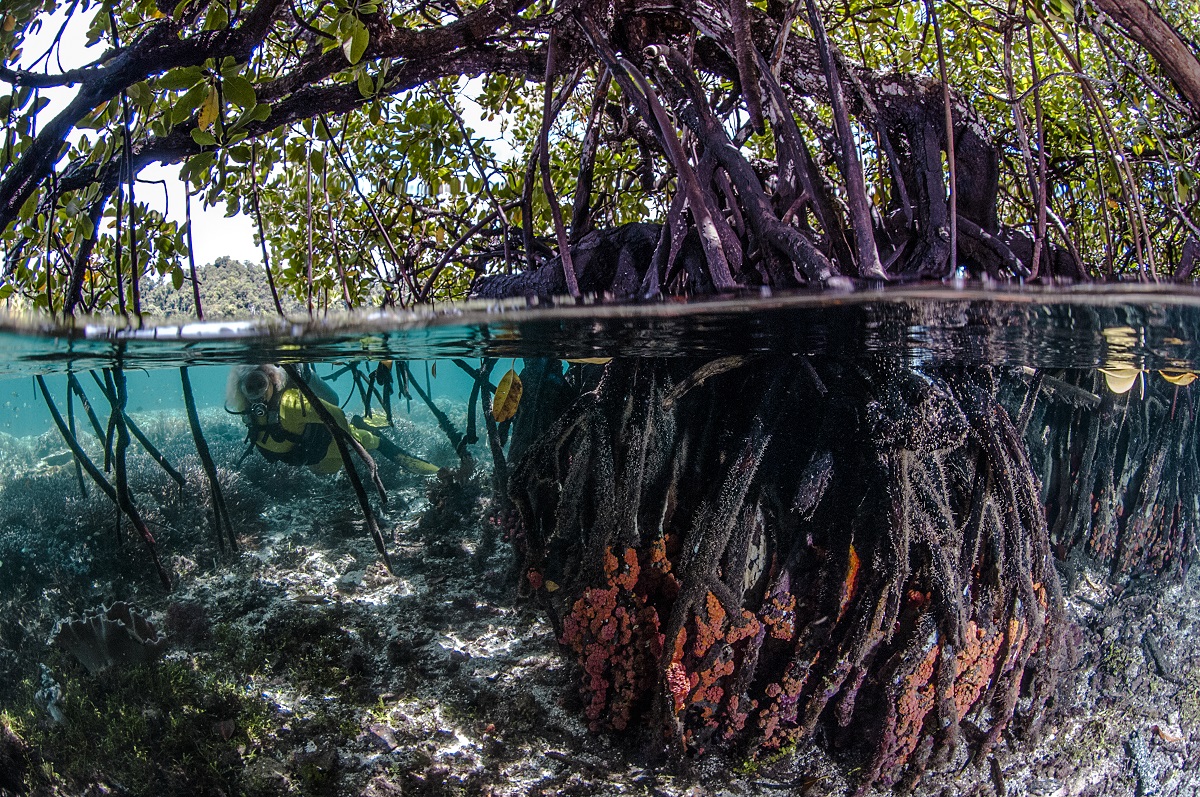

Action is needed to mitigate climate change impacts in coastal communities, beaches and infrastructure
We are presenting our most ambitious decarbonization strategy in accommodation, validated by SBTi, to reach carbon neutrality by 2030
Discover our resources
Anexo Guía Cero Residuos para el sector hotelero de Quintana Roo, México.

